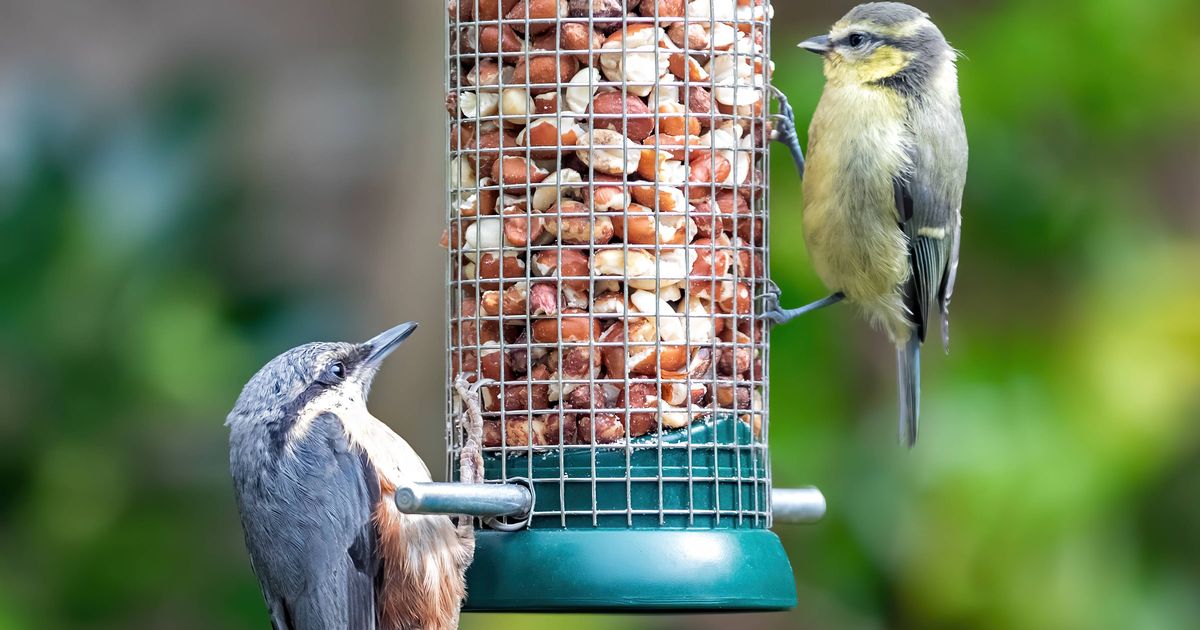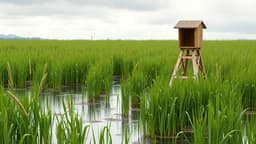Home / Environment / Experts Warn: Wet Bird Feeders Pose Serious Health Risks
Experts Warn: Wet Bird Feeders Pose Serious Health Risks
17 Nov
Summary
- Damp bird seed can harbor mold, bacteria, and parasites
- Proper feeder maintenance is crucial to prevent disease spread
- Offering high-energy foods helps birds survive wet weather

As of November 17th, 2025, bird feeding experts are warning households to be extra cautious about the condition of their garden bird feeders. According to Richard Green, a specialist from Kennedy Wild Bird Food and Pet Supplies, damp or spoiled seed can pose a serious threat to the health of birds visiting these feeders.
Green explains that within 24-48 hours, wet seed can start to harbor dangerous molds, bacteria, and parasites. Any signs of clumping, discoloration, or musty odors are clear indications that the food has gone bad and should be immediately discarded. Even condensation inside the feeder can create the perfect environment for mold growth, so thoroughly drying the feeder before refilling is crucial.
To help keep birds safe, Green advises using feeders designed to protect the seed from rain, such as those with roofs or mesh sides. Positioning the feeder in a sheltered area can also help. Additionally, he recommends offering high-energy foods like suet and sunflower hearts, as birds need extra calories to stay warm and dry in wet weather. By following these simple steps, bird enthusiasts can ensure their feathered friends stay healthy and well-fed throughout the colder months.




